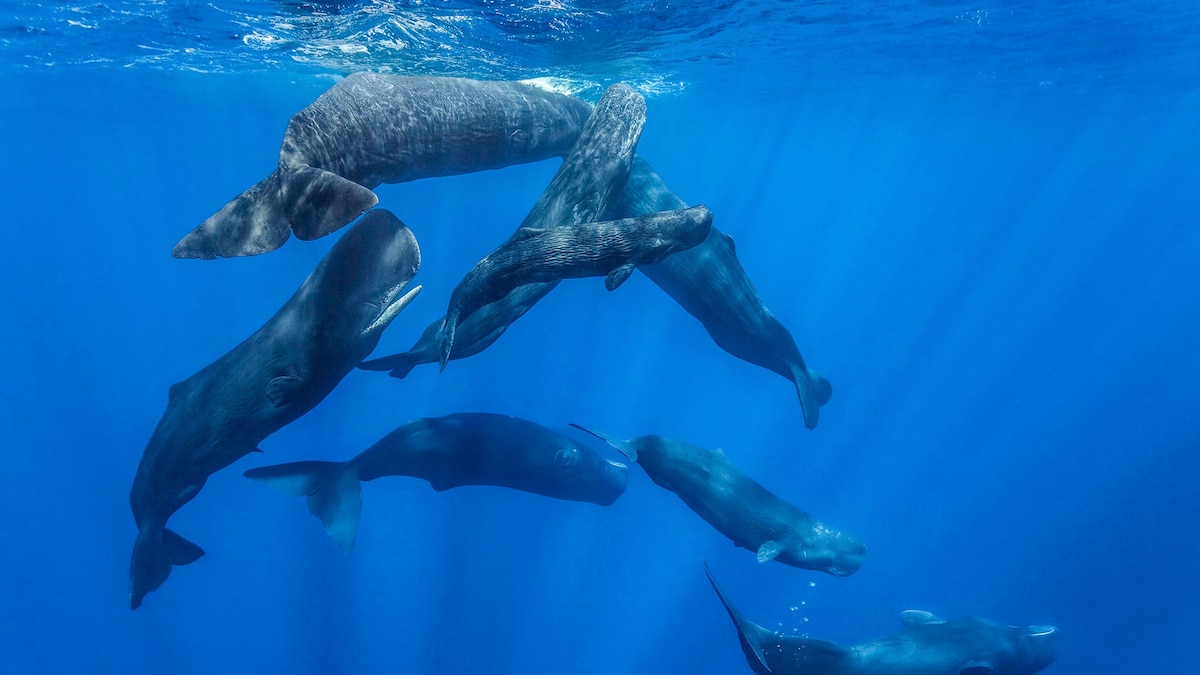Now Reading: Could Whales Gain Legal Rights to Speak for Themselves?
-
01
Could Whales Gain Legal Rights to Speak for Themselves?
Could Whales Gain Legal Rights to Speak for Themselves?

Fast Summary
- Sperm Whale Interaction Study: Scientists are developing AI-based tools to translate sperm whale communication into human language, enabling understanding of their vocalizations in social and caregiving contexts.
- Legal Implications: Translating animal communication could spark legal debates over recognizing whales as persons with rights. Legal personhood for animals is being discussed globally, with examples like Ecuador granting such recognition for some species.
- Noise Pollution Impact: Ocean noise pollution disrupts whale life-critical activities like echolocation and social interactions. Researchers argue these disruptions may amount to torture under international law.
- Potential Ethical Issues: Concerns exist about misuse of technology aimed at mimicking or understanding animal communications, possibly causing unintentional or malicious harm.
- Cultural Significance: Sperm whales exhibit complex cultures-distinct dialects, lifestyles, and family structures-that could bolster arguments for their recognition as deserving protections akin to human rights.
Images:
- !DavidGruber_crMichaelLees-46IMG9784.jpg”>Researcher David Gruber
- !team adjusting flag on boat
- !Close-up of whales socializing
Indian Opinion Analysis
India might view this breakthrough in decoding sperm whale communication as a stepping stone toward strengthening global conservation policies and ethical treatment frameworks for marine life. Given its extensive coastline and reliance on conventional fishing communities alongside burgeoning underwater industries (shipping routes, oil exploration), India will need to balance economic activity against emerging understandings of marine biodiversity stressors like noise pollution.
While the research underscores the importance of reducing harmful practices affecting marine ecosystems-a well-known area of concern-it also raises broader questions about whether cultural intelligence in wildlife should influence policymaking around nonhuman rights globally and regionally. India’s existing legal framework offers partial protection to aquatic species but none addressing “animal personhood” directly; however, this conversation may prompt moral reflections aligned with India’s rich tradition of coexistence with nature.
International collaborations such as Project CETI could inspire local innovations within India’s scientific community while showcasing how advancements in AI can address critical environmental challenges responsibly without compromising ethics-a key consideration given concerns over misuse highlighted by experts.
Read More: National Geographic Original Article
























